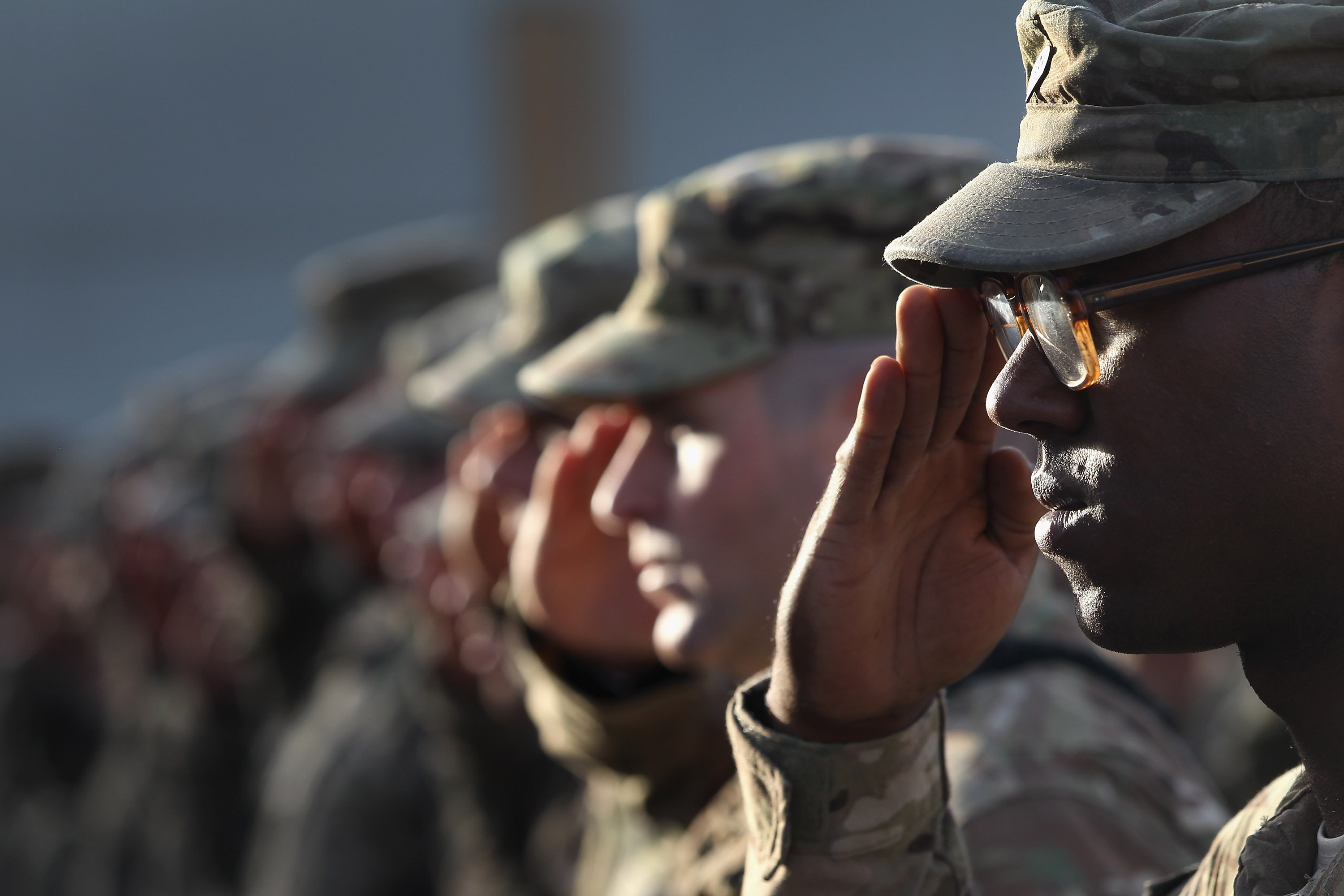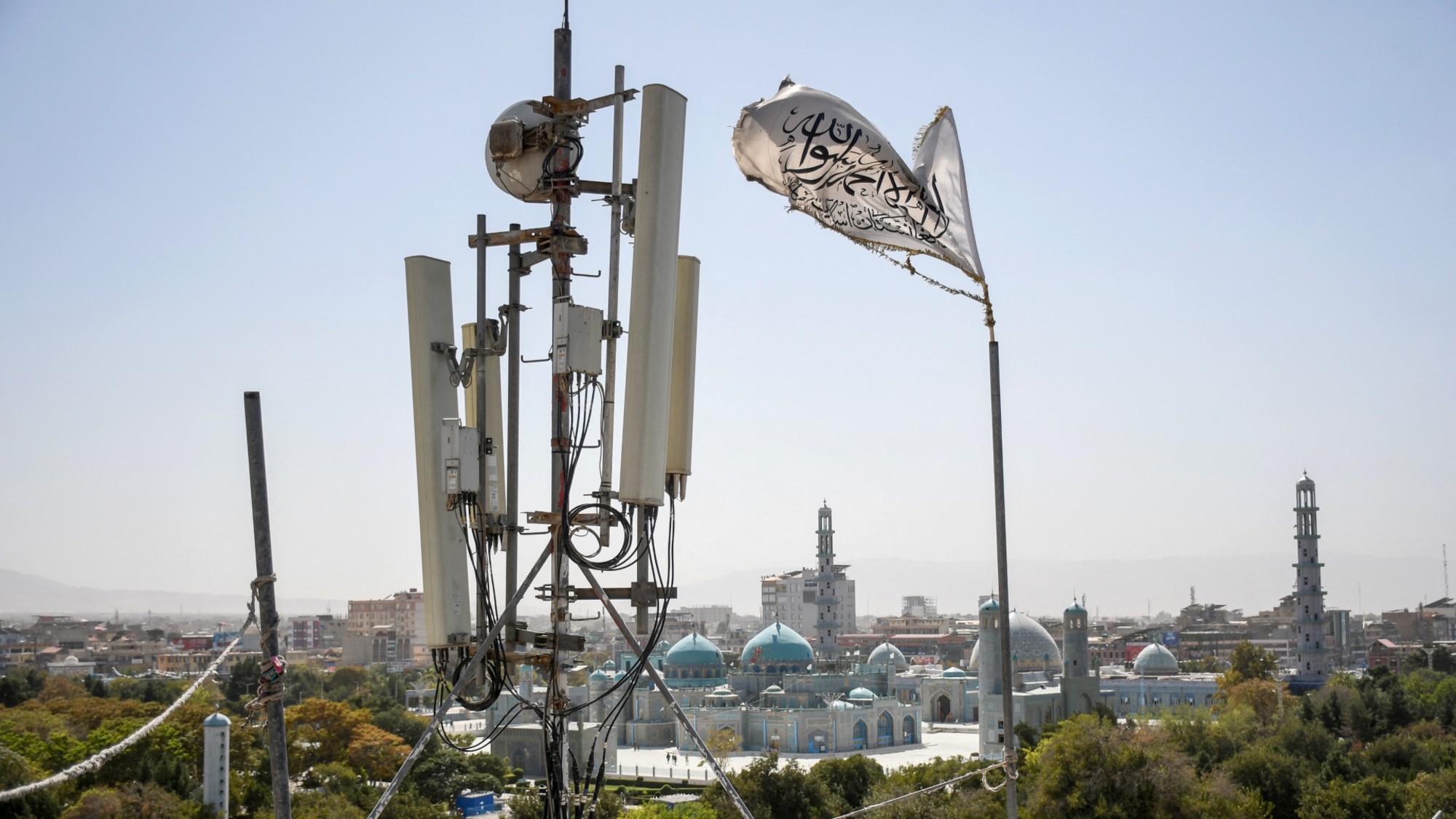The limits of power
To avoid bruising defeats, the U.S. must recognize what it can't change


A free daily email with the biggest news stories of the day – and the best features from TheWeek.com
You are now subscribed
Your newsletter sign-up was successful
This is the editor's letter in the current issue of The Week magazine.
Farewell to nation building. Historians, analysts, and pundits will spend years sorting out the lessons of the U.S.'s failed 20-year war in Afghanistan, but this much is clear: We can't expect that any amount of money, troops, bombs, or deaths can turn a hostile, broken nation with a determined insurgency into a friendly, functional democracy. The U.S. had searing proof of that in Vietnam, but the shock of 9/11 created a national amnesia that the Bush administration exploited in trying to nation-build Afghanistan, and then, more recklessly, Iraq. Enormous sacrifices by our soldiers and the people of these nations have yielded chaos, carnage, disappointment, new terrorist groups, and a flood of refugees. "We assume that because we are very powerful, we can achieve things that are unachievable," Emma Ashford of the Scowcroft Center for Strategy and Security told The New York Times this week. "We overreach."
In overreaching, we've learned we can vaporize a terrorist through a drone operated hundreds of miles away, only to see more spring up in his place. We can remove dictators like Saddam Hussein and Muammar al-Qaddafi, but in the ensuing vacuum, we can't erase ancient sectarian and tribal divisions and create peaceful, self-governing nations. We can restrain the aggressions of Russia, China, and North Korea, but only to a limited degree. This isn't to say the U.S. is powerless, or that isolationism is a viable alternative. Our military remains a necessary check on bully states and autocrats, our economy a powerful engine of progress, our freedom and ideals — however imperfectly realized — an inspiration. Warts and all, the U.S. is still an indispensable nation. But as we recover from our bad habit of trying to fix what can't be fixed, our leaders might find some needed guidance in the Serenity Prayer: "God grant me the serenity to accept the things I cannot change, the courage to change the things I can, and the wisdom to know the difference."
The Week
Escape your echo chamber. Get the facts behind the news, plus analysis from multiple perspectives.

Sign up for The Week's Free Newsletters
From our morning news briefing to a weekly Good News Newsletter, get the best of The Week delivered directly to your inbox.
From our morning news briefing to a weekly Good News Newsletter, get the best of The Week delivered directly to your inbox.
A free daily email with the biggest news stories of the day – and the best features from TheWeek.com
William Falk is editor-in-chief of The Week, and has held that role since the magazine's first issue in 2001. He has previously been a reporter, columnist, and editor at the Gannett Westchester Newspapers and at Newsday, where he was part of two reporting teams that won Pulitzer Prizes.
-
 What is the endgame in the DHS shutdown?
What is the endgame in the DHS shutdown?Today’s Big Question Democrats want to rein in ICE’s immigration crackdown
-
 ‘Poor time management isn’t just an inconvenience’
‘Poor time management isn’t just an inconvenience’Instant Opinion Opinion, comment and editorials of the day
-
 Bad Bunny’s Super Bowl: A win for unity
Bad Bunny’s Super Bowl: A win for unityFeature The global superstar's halftime show was a celebration for everyone to enjoy
-
 The billionaires’ wealth tax: a catastrophe for California?
The billionaires’ wealth tax: a catastrophe for California?Talking Point Peter Thiel and Larry Page preparing to change state residency
-
 Bari Weiss’ ‘60 Minutes’ scandal is about more than one report
Bari Weiss’ ‘60 Minutes’ scandal is about more than one reportIN THE SPOTLIGHT By blocking an approved segment on a controversial prison holding US deportees in El Salvador, the editor-in-chief of CBS News has become the main story
-
 Has Zohran Mamdani shown the Democrats how to win again?
Has Zohran Mamdani shown the Democrats how to win again?Today’s Big Question New York City mayoral election touted as victory for left-wing populists but moderate centrist wins elsewhere present more complex path for Democratic Party
-
 Millions turn out for anti-Trump ‘No Kings’ rallies
Millions turn out for anti-Trump ‘No Kings’ ralliesSpeed Read An estimated 7 million people participated, 2 million more than at the first ‘No Kings’ protest in June
-
 ‘The Taliban delivers yet another brutal blow’
‘The Taliban delivers yet another brutal blow’Instant Opinion Opinion, comment and editorials of the day
-
 It is 'beyond time for us to seek bipartisan solutions' for Afghanistan
It is 'beyond time for us to seek bipartisan solutions' for AfghanistanInstant Opinion Opinion, comment and editorials of the day
-
 Ghislaine Maxwell: angling for a Trump pardon
Ghislaine Maxwell: angling for a Trump pardonTalking Point Convicted sex trafficker's testimony could shed new light on president's links to Jeffrey Epstein
-
 The last words and final moments of 40 presidents
The last words and final moments of 40 presidentsThe Explainer Some are eloquent quotes worthy of the holders of the highest office in the nation, and others... aren't
